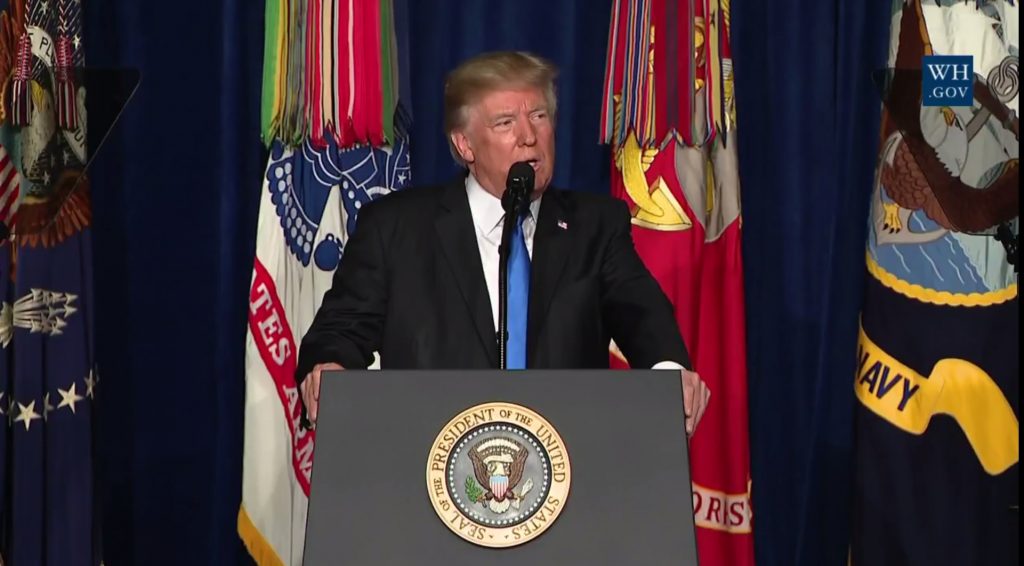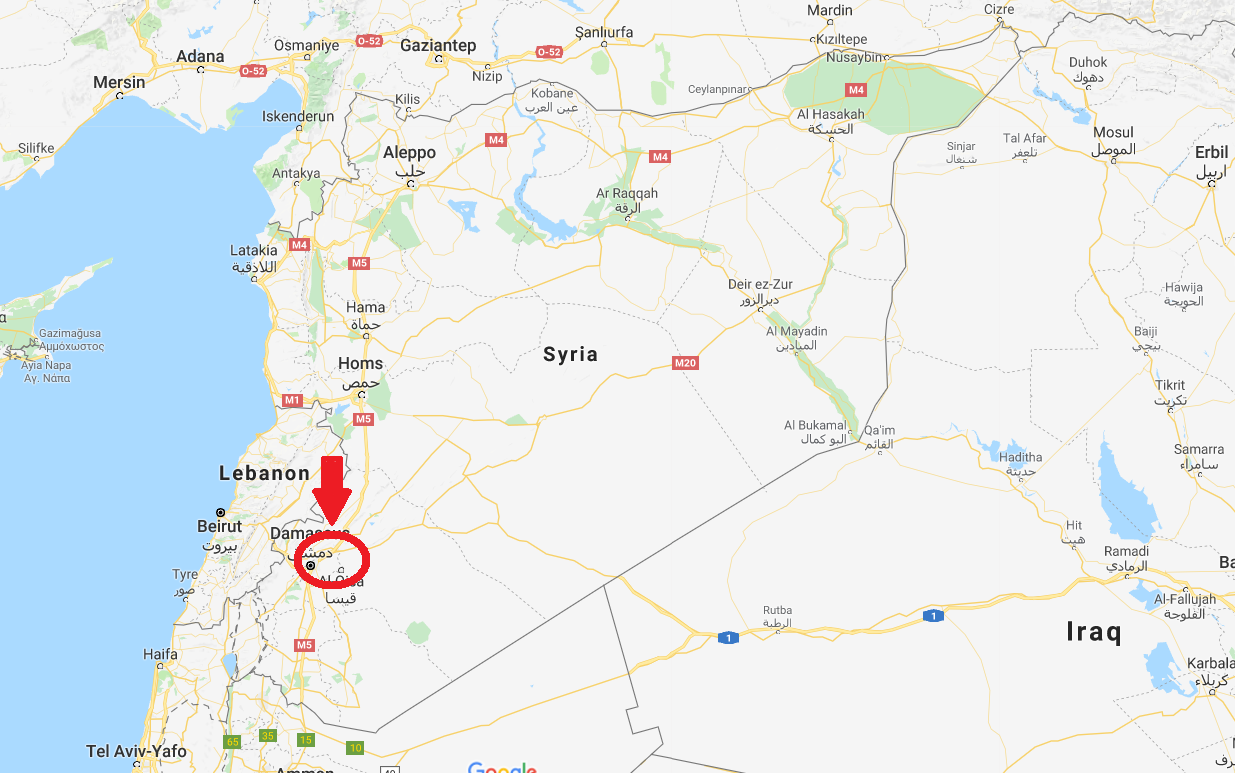What Should America Do In Syria?
Once again, a U.S. president must decide what to do about the brutal civil war in Syria.


President Donald Trump was among the toughest critics of former president Barack Obama’s approach to the Syrian civil war. But now he faces his own vexing challenges.
Just days after announcing his intention to withdraw American troops from Syria, a chemical attack was unleashed on the people of Ghouta, a region of Syria. It’s another in a string of horrifying attacks allegedly by President Bashar al Assad on his own people over the past several years.
And again, the world was faced with grisly images of people killed or suffering and struggling to breathe, many of them children. And again, the world – and specifically the U.S. president – is faced with the question of what to do.
Michael O’Hanlon, senior fellow in foreign policy and the director of foreign policy research at the Brookings Institution, co-authored an article titled “How do we prevent ISIS 2.0? Withdrawing from Syria is not the answer”. The authors write:
“The temptation for Americans in general, and the Trump administration specifically, may be to declare victory and go home—as in fact Trump has just signaled he would like to do, as soon as possible. That would not be a good idea. Trump deserves credit for his success in Syria, but it represents an interim goal, not a durable achievement. Withdrawing U.S. forces, security assistance, economic aid and diplomatic engagement risks allowing a war that has killed half a million and displaced 12 million to continue—or worse, to expand into a truly regional war. It means that 5 million refugees would remain abroad, continuing to place enormous strains on Turkey, Jordan and Lebanon in particular. It also means that pockets of terrorists would remain intact in several parts of the country, and that Washington would be poorly positioned to manage intensifying Israeli anxieties about Iran’s long-range plans in Syria.”
“There’s a middle ground here… it doesn’t go quite as far as saying we can just close our eyes and wish this problem away,” O’Hanlon tells Detroit Today.
Syria presents challenges on a number of different levels that have to do with that country, its proximity to other Middle East trouble spots, like Iran, and its relationship with Russia, which has supported Assad in his brutality, and at times confounded U.S. efforts to intervene.
Some experts say though the civil war is brutal and disturbing, the United States finds itself in a precarious and unwinnable military engagement.
Doug Bandow, a senior fellow at the Cato Institute and a former special assistant to President Ronald Reagan writes in an opinion piece for The Hill:
“President Trump should not let a Syrian chemical strike divert him from objectives which, though unpopular in Washington, are best for the country. Withdrawing from Syria and improving relations with Russia both would make America safer. President Barack Obama carelessly declared use of chemical weapons to be a redline, presumably to be enforced by Washington. But he chose not to act in 2013 after the American people made clear to Congress that they opposed war to punish the Assad government. They were right. Chemical weapons are horrible, but so is war, especially low-tech conflict in urban areas. Chemicals are not mass killers like nukes. Indeed, in Syria it is bullets and explosives which have killed hundreds of thousands of people. It makes little sense to be unusually sensitive when a couple score people are allegedly killed by chemical weapons.”
“The notion that the U.S. can fix this stuff – social engineering around the world – I think we’ve proved it doesn’t work,” Bandow tells Detroit Today.
To hear from both O’Hanlon and Bandow on Detroit Today, click on the audio player above.
